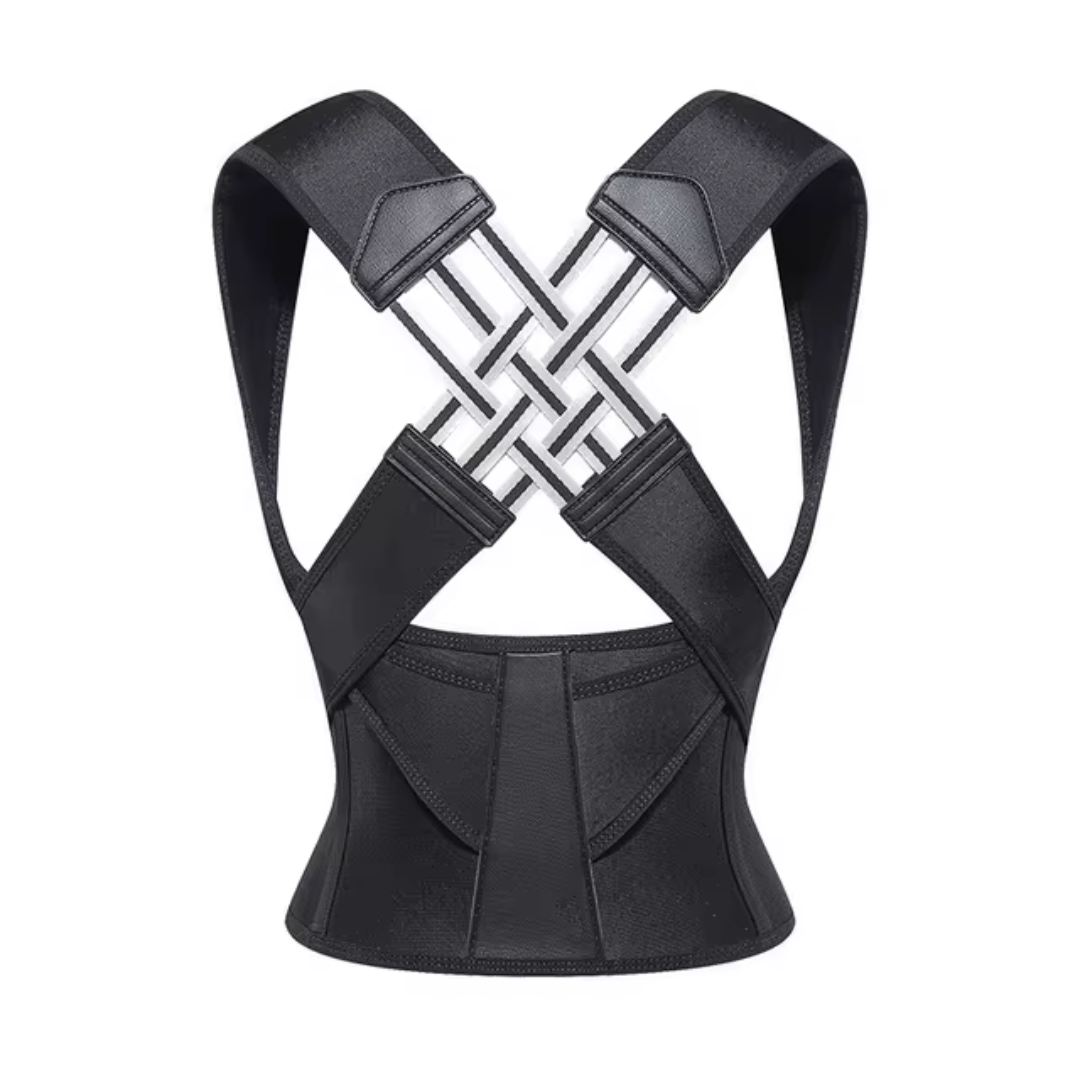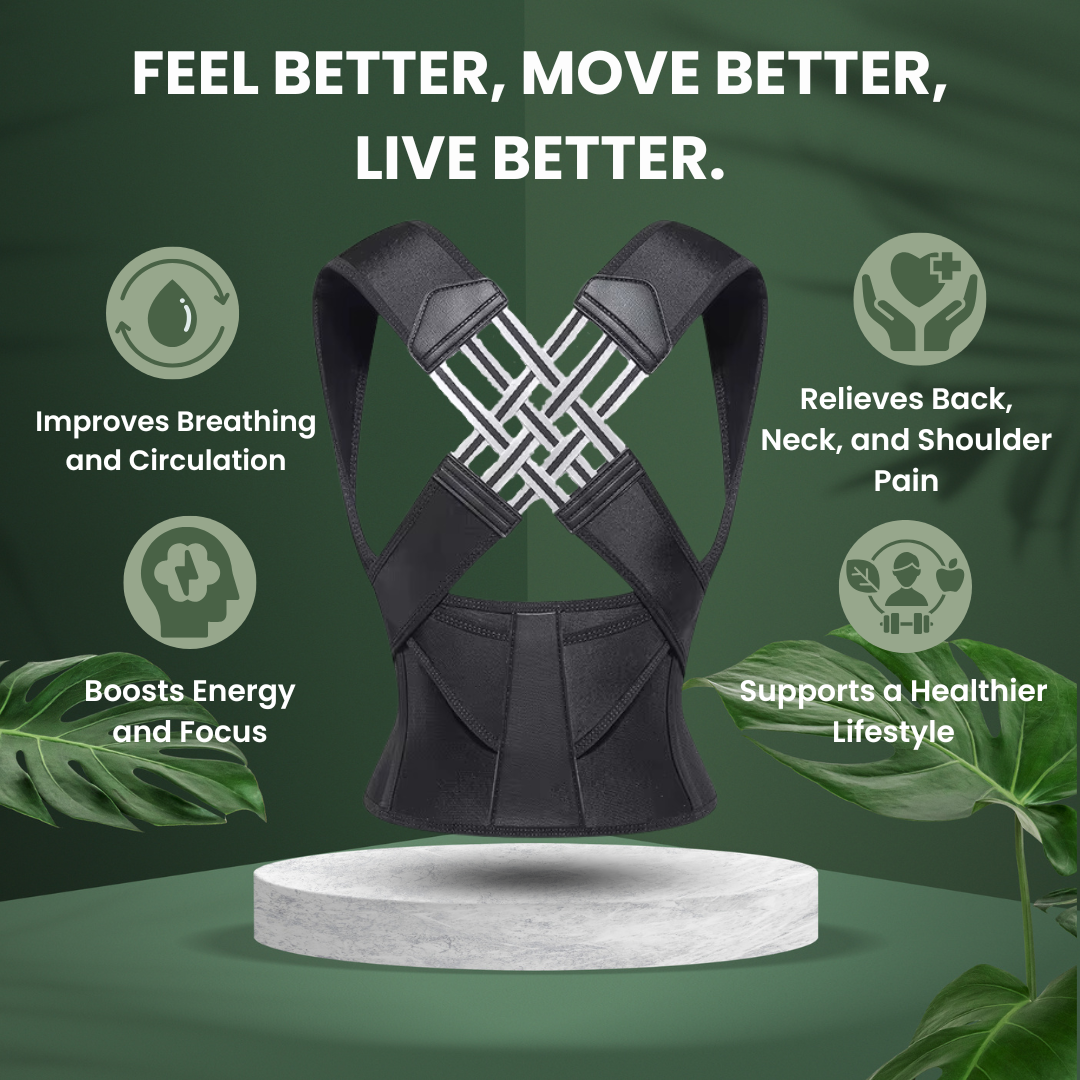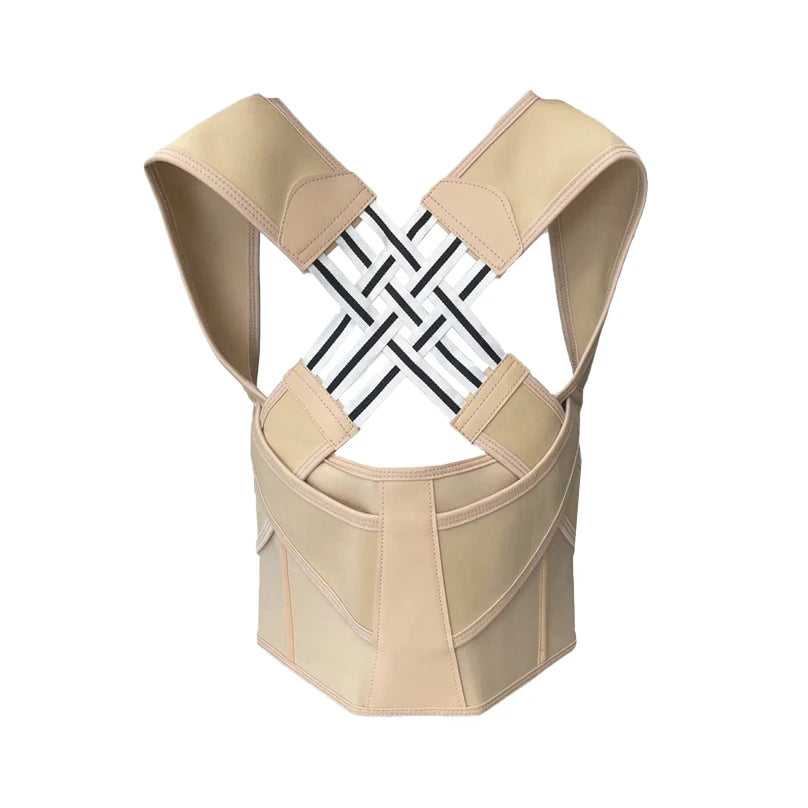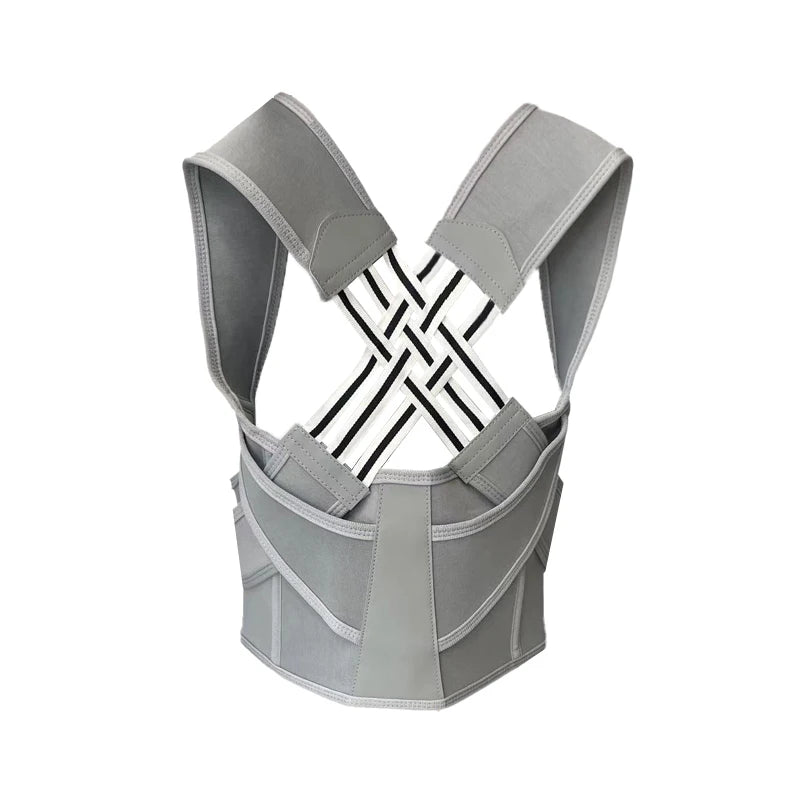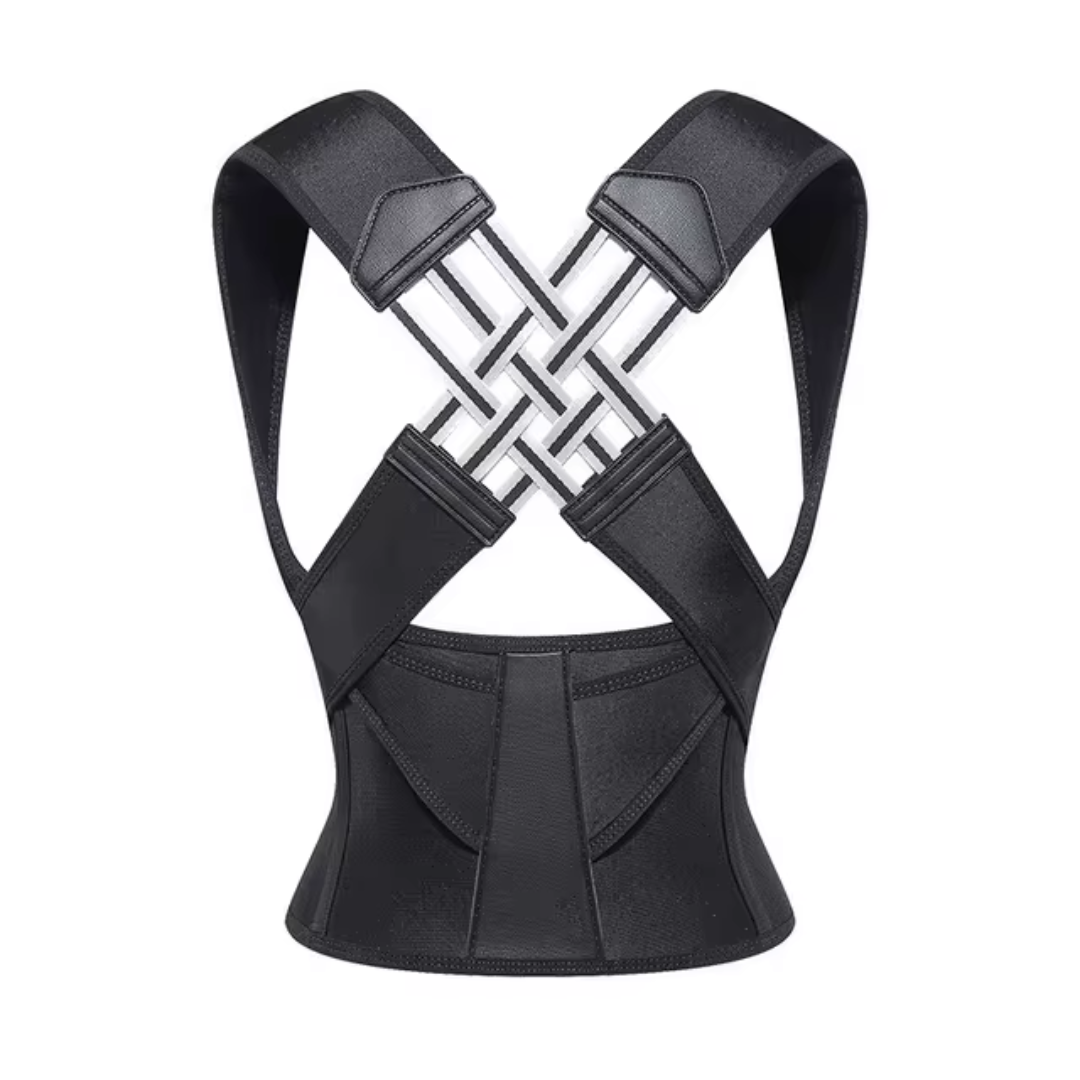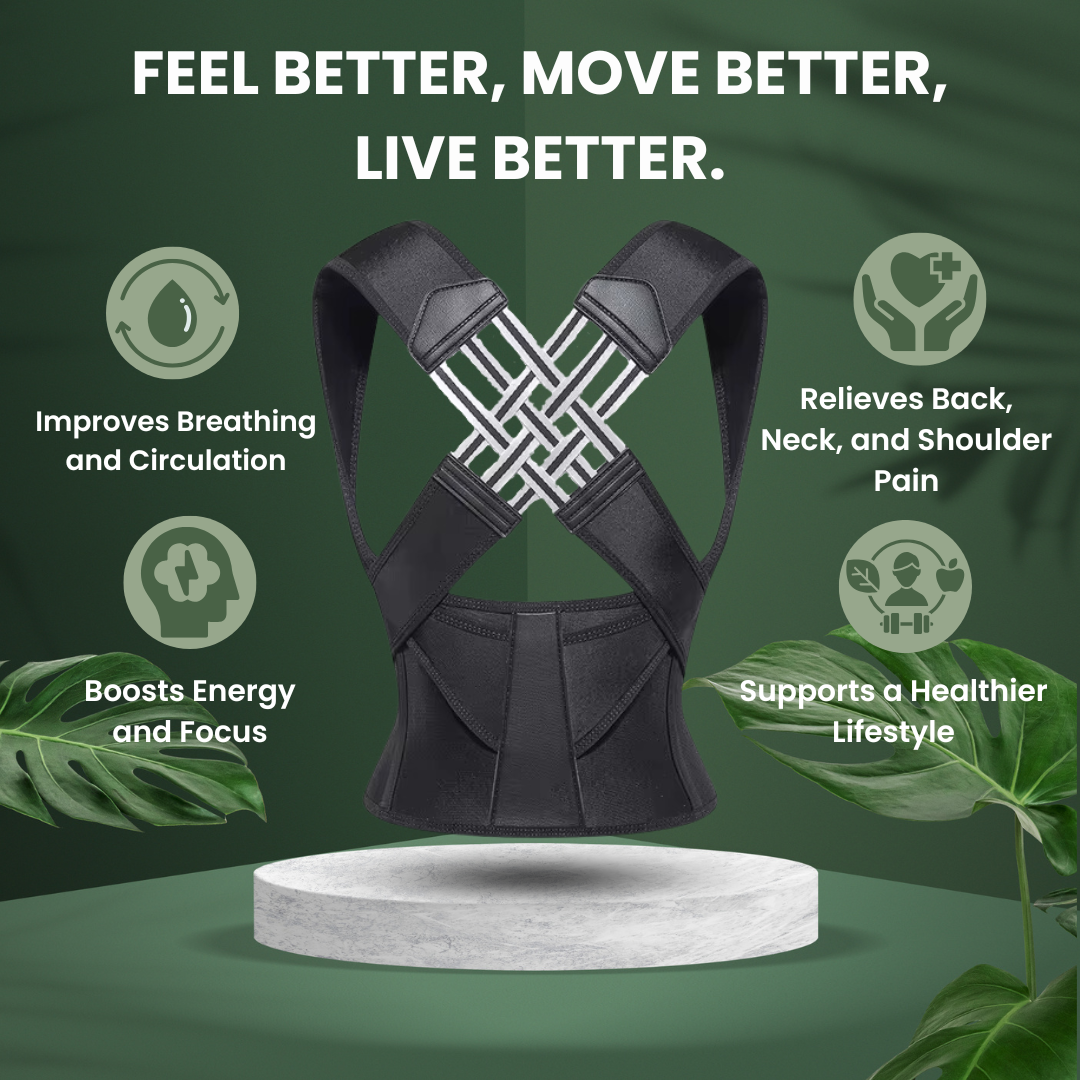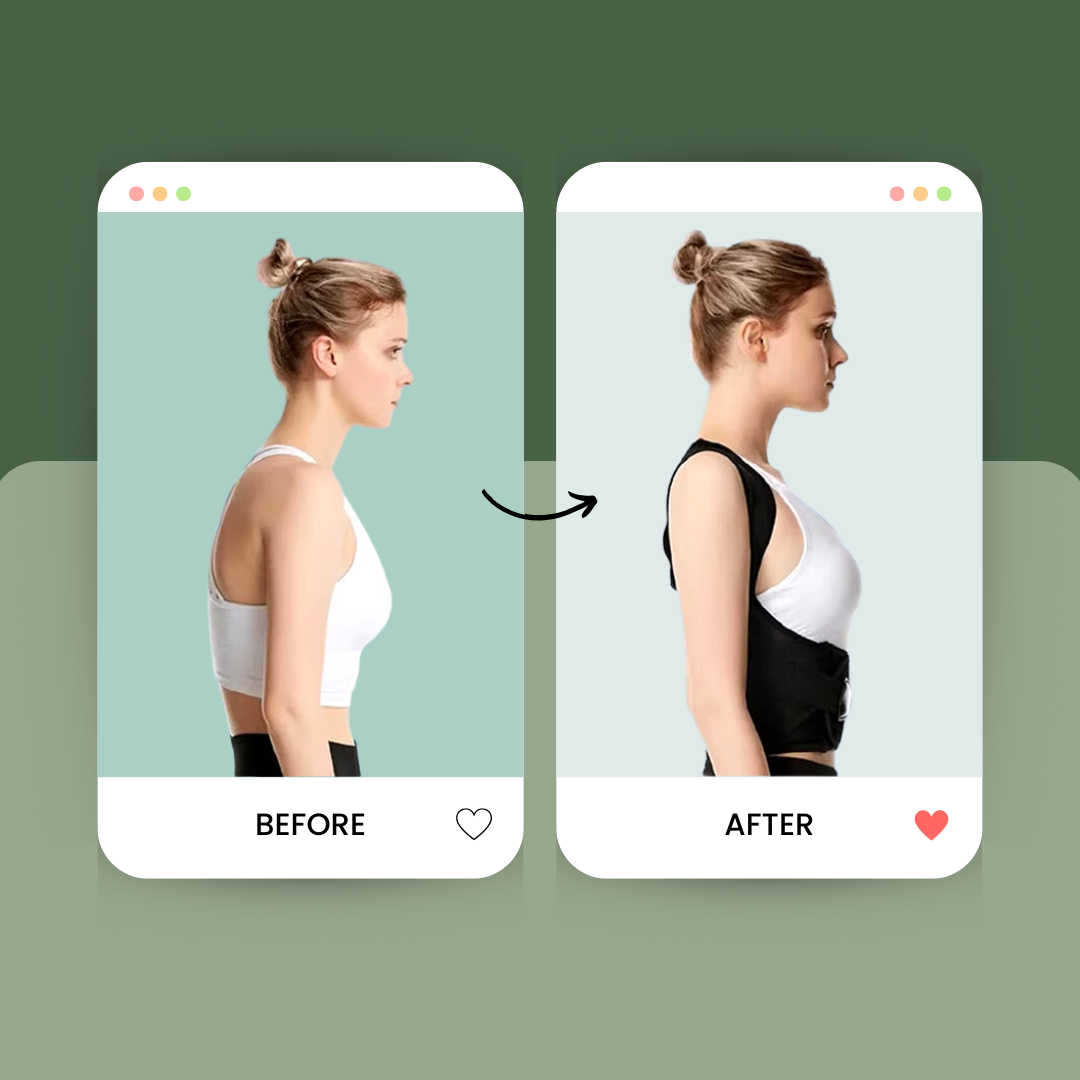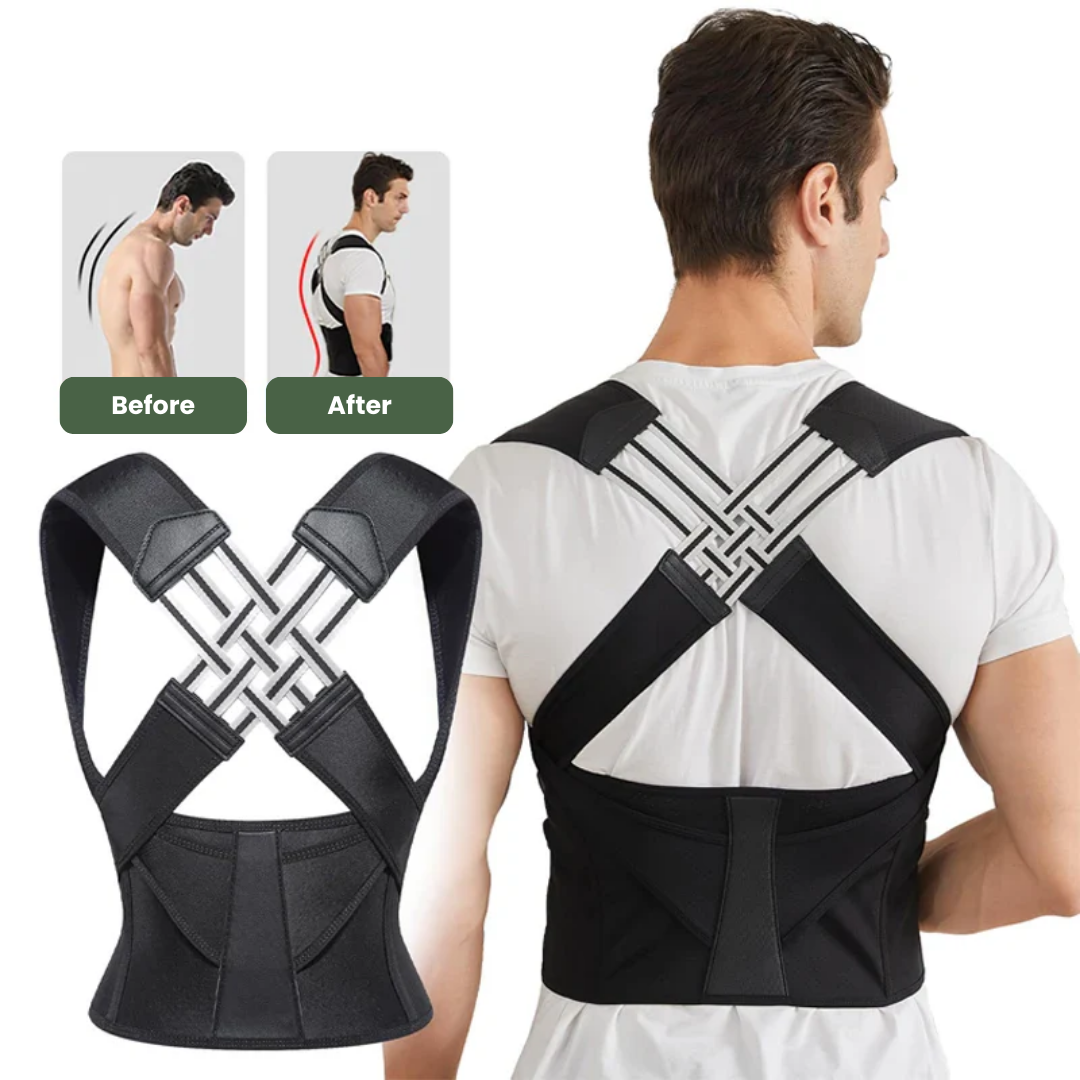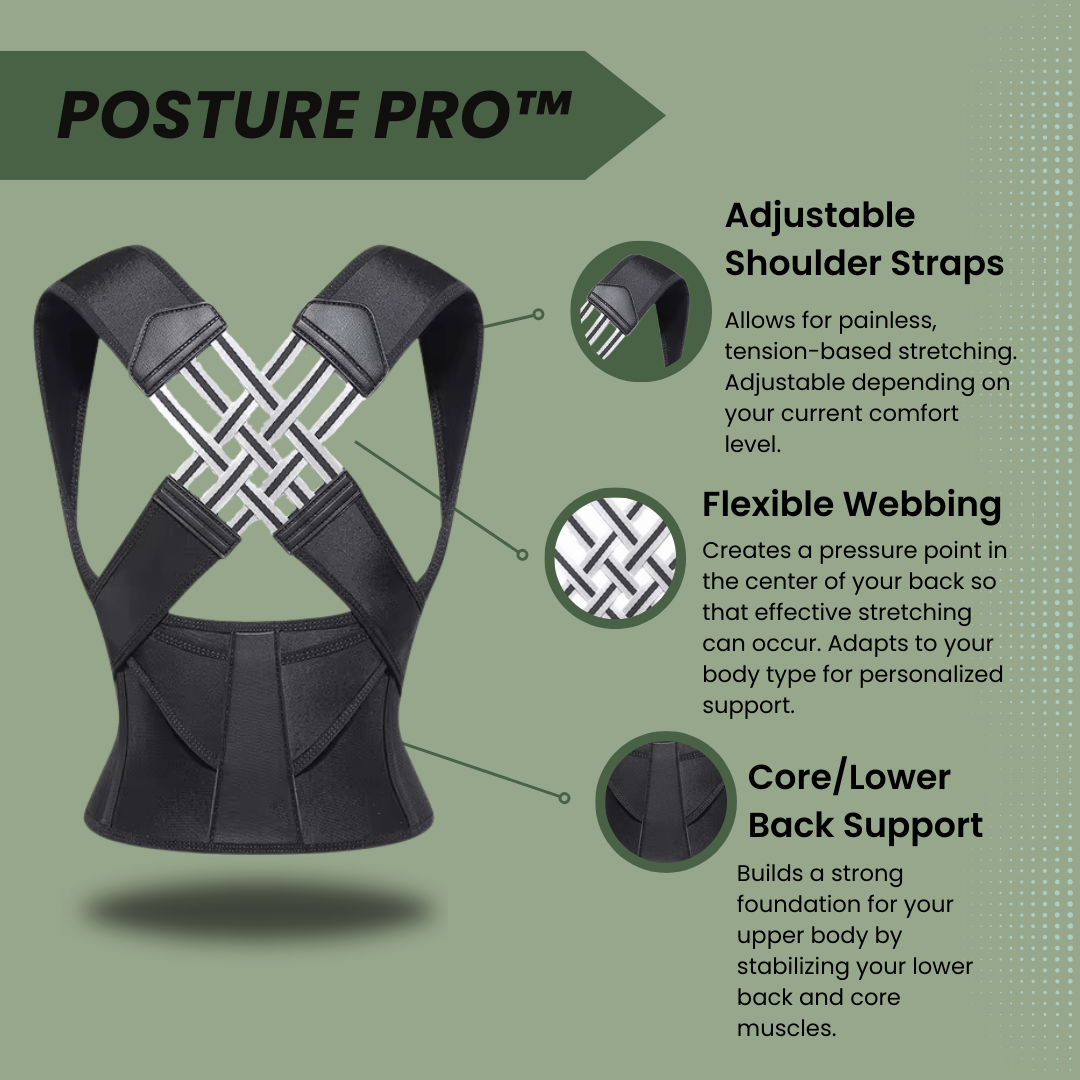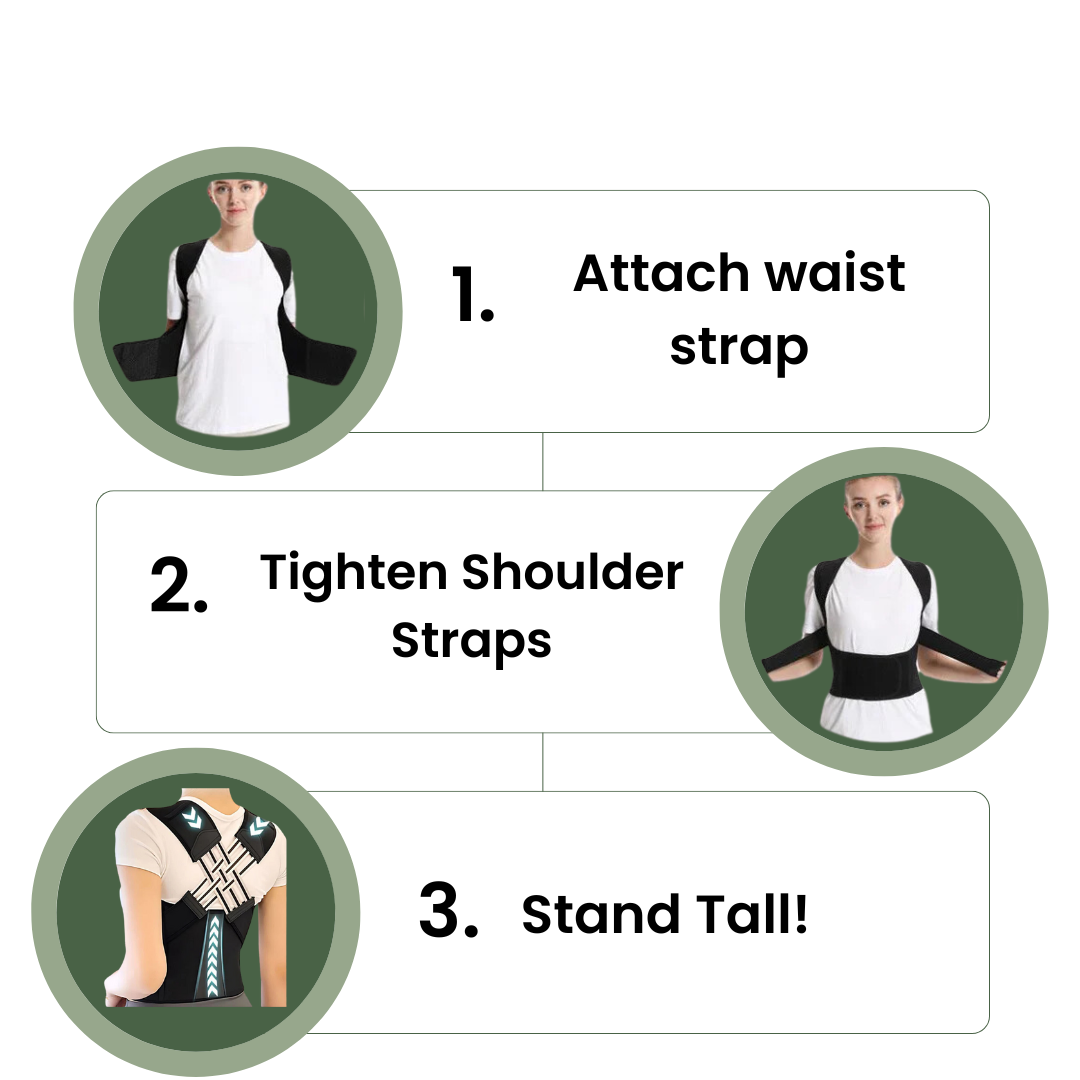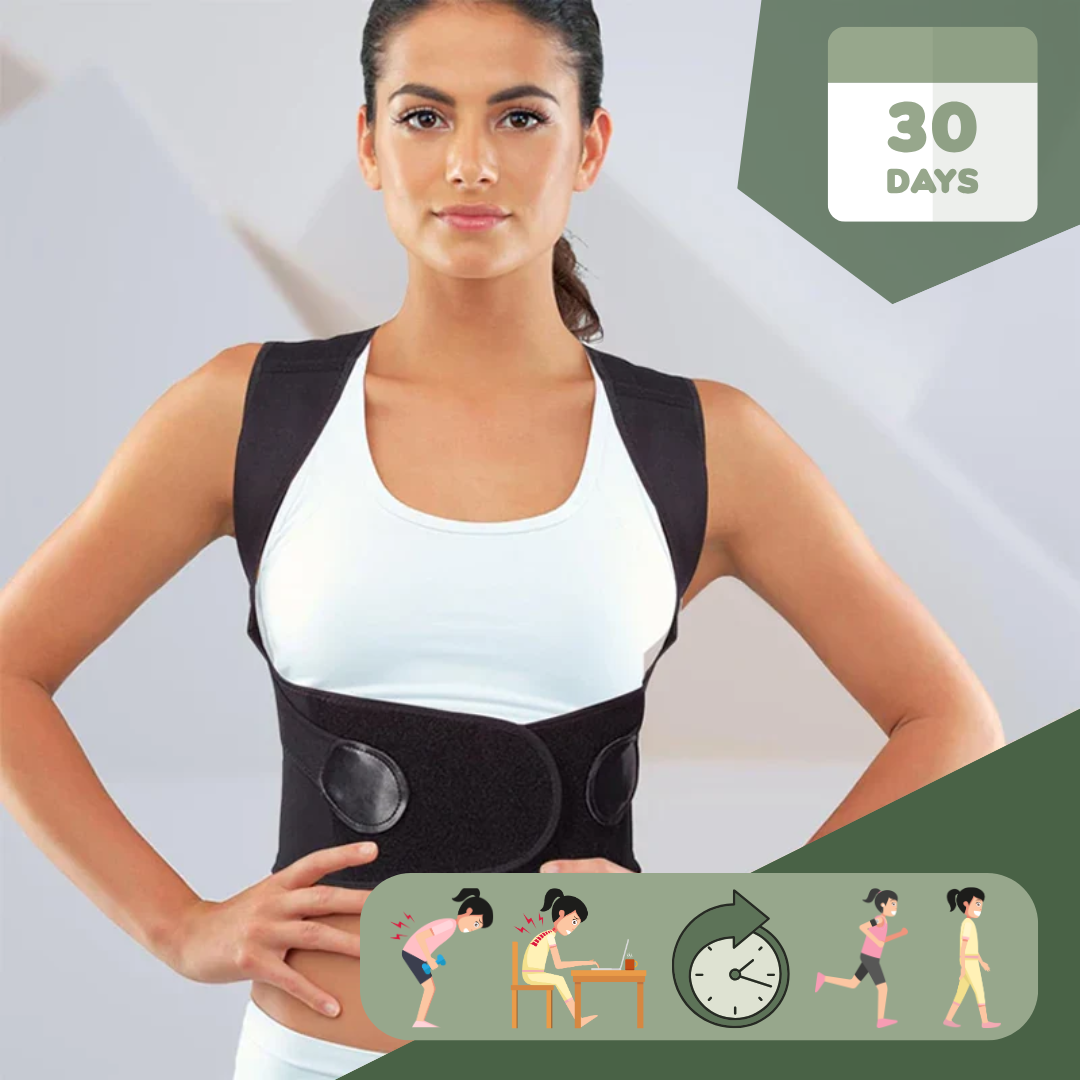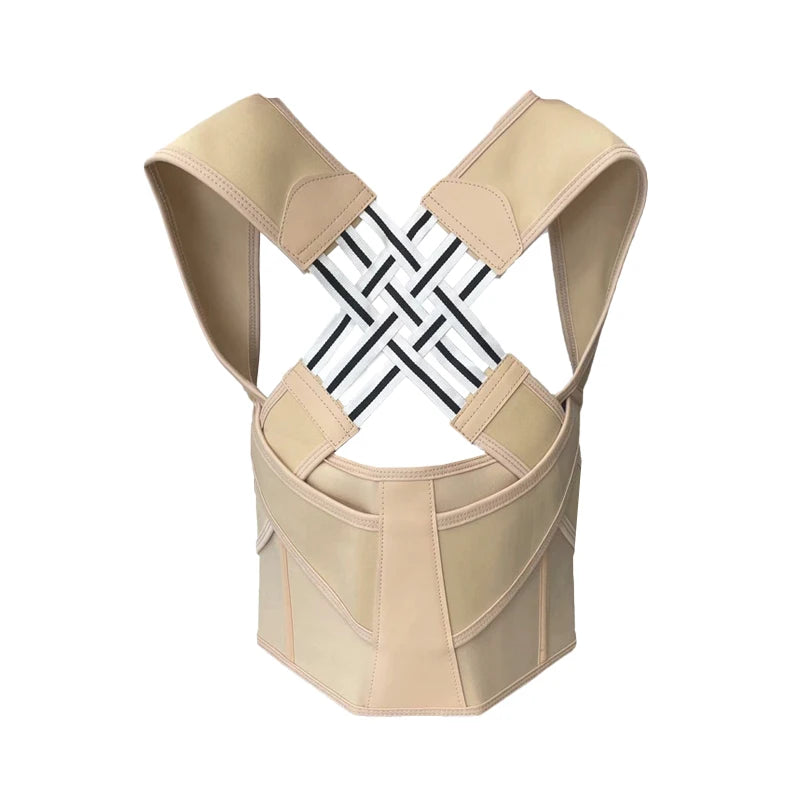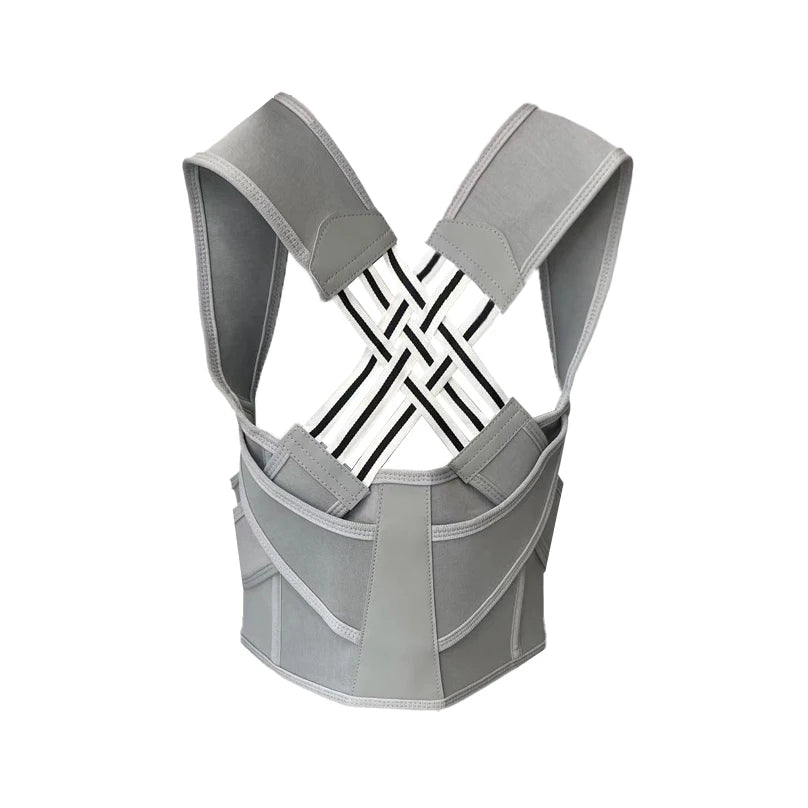Many people struggle with back pain. A key fact is that diet plays a big role in how we hold ourselves up.
Read on to learn more!
Key Takeaways
- Eating foods rich in calcium, vitamin D, and omega-3 fatty acids helps keep bones strong and reduces inflammation. This is good for your posture.
- Drinking enough water keeps the spinal discs healthy, which lets you stay flexible and reduces back pain.
- Proteins are important for muscle strength. Foods like eggs, chicken breast, and Greek yogurt help build muscles that support good posture.
- Not getting enough vitamins and minerals can make bones weak and muscles tense. This might lead to bad posture and back pain.
- To have better posture, include lots of fruits, vegetables, lean proteins, and nuts in your diet. Avoid foods that cause swelling in the body.
The Connection Between Diet and Posture

The food we eat greatly influences how our body maintains itself. Essential nutrients such as calcium and omega-3 fatty acids are pivotal for the health of our spine and muscles. Furthermore, ensuring adequate hydration is essential for maintaining proper body alignment.
Key nutrients for spinal and muscular health
Eating right helps keep your spine and muscles healthy. Key nutrients make a big difference in how well your body holds itself. Here are some important ones:
- Calcium makes bones strong. You can find it in milk, cheese, and leafy greens.
- Vitamin D helps your body use calcium better. Sunlight, fish, and eggs are good sources.
- Magnesium relaxes muscles around the spine. Eat nuts, seeds, and whole grains to get enough.
- Omega-3 fatty acids fight inflammation. They're in fish like salmon, flaxseeds, and walnuts.
- Protein helps repair muscles. Lean meats, beans, and dairy products are full of it.
- Potassium cuts down on cramps. Look for it in bananas, potatoes, and spinach.
The role of hydration in maintaining alignment
Drinking enough water keeps your spinal discs healthy. These discs have a lot of water in them. If you stay hydrated, your discs can avoid getting worn out. This helps keep your back flexible.
Water also makes muscles work better and reduces back pain. When you drink lots of water, it helps the cushions between your bones stay moist. This is key for a good posture and less pain.
Foods That Support Better Posture
Foods can play a vital role in supporting better posture. Nutrient-rich foods, such as those high in calcium and anti-inflammatory properties, help maintain spinal and muscular health.
Protein sources contribute to muscle strength, aiding in posture support.
Calcium-rich and anti-inflammatory foods
Eating the right foods helps your posture by supporting bone and muscle health. Key nutrients, especially calcium and foods that fight inflammation, are essential.
- Milk, cheese, and yogurt are full of calcium. This mineral makes bones strong. Older adults need 1,000 mg daily.
- Leafy greens like spinach and kale offer calcium too. They are good for those who don't drink milk.
- Almonds and legumes have lots of calcium as well. They are healthy snacks that help bones.
- Berries, such as strawberries and blueberries, reduce swelling in the body. They keep muscles ready to hold you up straight.
- Omega-3 fatty acids found in fatty fish like salmon fight inflammation. These fats support joint health.
- Olive oil acts against swelling in the body just like anti-inflammatory medicine does but without bad side effects.
- Turmeric and ginger are spices that lower inflammation. Adding them to food can speed up muscle repair.
These foods work together to keep your spine and muscles healthy. Switching to a diet rich in these items can improve how you stand, sit, and move every day.
Protein sources for muscle strength
Protein is crucial for building and maintaining muscle strength. Here are some excellent sources of protein:
- Eggs: They are rich in essential amino acids and other nutrients vital for muscle health.
- Salmon: It provides significant amounts of protein and omega-3 fatty acids, which support muscle health.
- Lean beef: It contains high-quality proteins necessary for muscle repair and growth.
- Greek yogurt: This is a good source of protein that supports muscle recovery after exercise.
- Chicken breast: It is a lean protein source that aids in building and maintaining strong muscles.
These foods can be valuable additions to a well-balanced diet aimed at improving posture and overall physical well-being.
Nutritional Deficiencies That Impact Posture

Nutritional deficiencies can significantly affect your posture. Lack of essential vitamins and minerals can weaken bones and muscles, leading to poor spinal alignment and posture-related issues like chronic back pain.
Effects of lacking essential vitamins and minerals
Lack of essential vitamins and minerals can lead to conditions like osteoporosis, weakening bone health, and affecting posture. Chronic undernutrition negatively affects muscle strength and body composition which are critical for maintaining proper posture.
Micronutrient deficiencies, such as iron and vitamin D, are linked to poor growth and cognitive deficits that can affect one's posture in the long run. Nutritional deficiencies don't just cause developmental failure but also diseases such as diabetes and vision problems.
Did you know that lack of essential vitamins and minerals has been connected to poor growth? It’s not just about what we eat; it’s also about ensuring our bodies get the right nutrients they need to function properly.
Signs your diet may be affecting your posture
If you often experience back pain or find yourself slouching frequently, your diet may be playing a role in affecting your posture. Insufficient calcium and vitamin D can weaken bones, making it harder to maintain good posture.
In addition, lacking important nutrients like magnesium and omega-3 fatty acids can lead to muscle tension and inflammation, which affects how your body aligns itself.
It's important to pay attention if you notice these signs because poor nutrition can worsen back pain over time and gradually impact your overall posture. Making sure you have a balanced diet with the right nutrients is crucial for maintaining a healthy spine and muscles.
Conclusion
In conclusion, what you eat can significantly impact your posture and spinal health. Essential nutrients like calcium, vitamin D, and omega-3 fatty acids are crucial for maintaining strong bones and flexible muscles.
Hydration also plays a key role in supporting spinal disc health and overall posture. By including a balanced diet rich in anti-inflammatory foods and avoiding those that exacerbate inflammation, you can positively influence your posture.
It's important to address any nutrient deficiencies to combat issues affecting spinal health. A comprehensive approach that combines proper nutrition with chiropractic care offers an effective way to achieve lasting improvements in posture and spinal health.
FAQs
1. How does a healthy diet affect posture?
A balanced, nutritious diet plays an essential role in maintaining good posture. The nourishment from healthy foods like fruits, vegetables, and fatty fish rich in omega-3 fatty acids supports bone health and aids muscle repair.
2. Can certain food sources contribute to back pain?
Yes, consumption of trans fats and red meat can lead to inflammation that may cause back pain. Anti-inflammatory foods with monounsaturated fats such as olive oil can help reduce this inflammation.
3. What is the relationship between digestion and posture?
Your digestive system benefits from proper posture. Slouching or improper lifting techniques can put pressure on your stomach leading to issues like acid reflux or a hiatal hernia.
4. Are there specific nutrients that support spinal health?
Omega-3s have anti-inflammatory properties which aid in reducing chronic conditions such as arthritis and lumbar stenosis affecting the spine's intervertebral discs. Vitamins A & C found in many fruits also promote spinal cord health by aiding tissue growth and repair.
5. How does weight gain impact our skeletal system?
Weight gain puts extra stress on your core muscles including those supporting your spine, potentially leading to poor posture, neck pain or more serious conditions like lumbar spinal stenosis.
6. Can adopting a particular type of diet improve my posture?
Yes! Following diets known for their anti-inflammatory effects - like the Mediterranean diet rich in plant-based foods,monounsaturated fats (found in olives), vitamin C (found abundantly in citrus) - could aid muscle strength around the spine improving overall body alignment.


